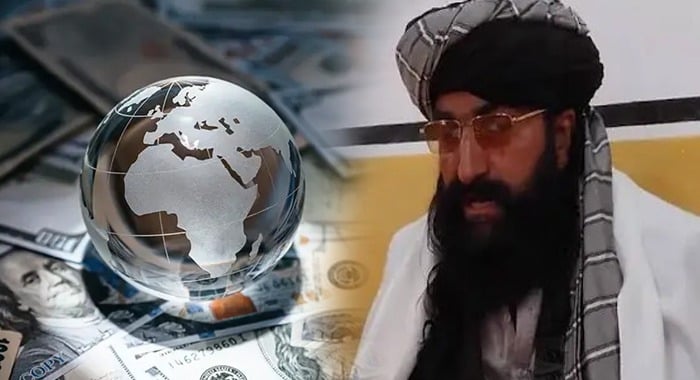In a revealing video message, Mufti Noor Wali Mehsud, the leader of the banned Tehrik-e-Taliban Pakistan (TTP), has openly declared that forging agreements and accepting aid from non-Muslim enemy states is not only permissible under Islamic teachings but, in some cases, essential.
Framing his stance within a religious context, the TTP chief stated that alliances and support from “kufaar” nations are justified when deemed necessary. “It is both lawful and, at times, unavoidable to engage with non-Muslim powers,” he claimed—remarks that are being seen as a rare public admission of the group’s international linkages.
Admission Reinforces Long-standing Allegations of Indian Patronage
His statement has reignited focus on several investigative reports previously released by Pakistani security institutions, which have consistently alleged that India has extended financial, logistical, and intelligence support to the TTP. These reports further accused India of using Afghan territory to orchestrate terrorist activities inside Pakistan, with the TTP acting as a central proxy.
Pakistan has repeatedly raised these concerns at global platforms, maintaining that Indian intelligence agencies have backed anti-state militant groups to destabilise the country. The latest declaration from the TTP leader appears to substantiate those concerns, potentially influencing diplomatic discourse around regional counter terrorism“TTP Chief Deems Cooperation with Infidel Hostile Nations as Permissible under Shariah” efforts.
Religious Scholars Reject TTP’s Interpretation
Despite Mufti Noor Wali’s invocation of Islamic principles, leading religious scholars have strongly condemned his assertions. They argue that while treaties with non-Muslims can be permitted under Islamic law, such agreements are conditional upon safeguarding Muslim lives, property, and faith—and must not serve as a conduit for aggression against fellow Muslims.
“Aligning with hostile non-Muslim forces to wage war against your own people is a flagrant violation of Shariah,” said a senior religious authority. “Such distortions of faith are not only misleading but deeply dangerous.”
Exposing the TTP’s Exploitation of Religion for Foreign Agendas
Defense analysts say the TTP chief’s admission offers an unfiltered glimpse into how militant groups manipulate religious narratives to justify alliances with foreign adversaries. By cloaking foreign-sponsored violence in religious rhetoric, they claim, the group seeks to mask its true motives and external affiliations.
Mufti Noor Wali Mehsud’s statement not only aligns with Pakistan’s consistent position on the TTP’s external backers but also poses a critical question for the global community: how long can the world ignore the use of extremist ideology to forge strategic alliances with state and non-state actors?
The admission serves as a stark reminder that terrorist groups like the TTP are not merely domestic threats but transnational actors exploiting religion to advance geopolitical objectives. In light of these developments, international consensus and coordinated action have never been more imperative.





